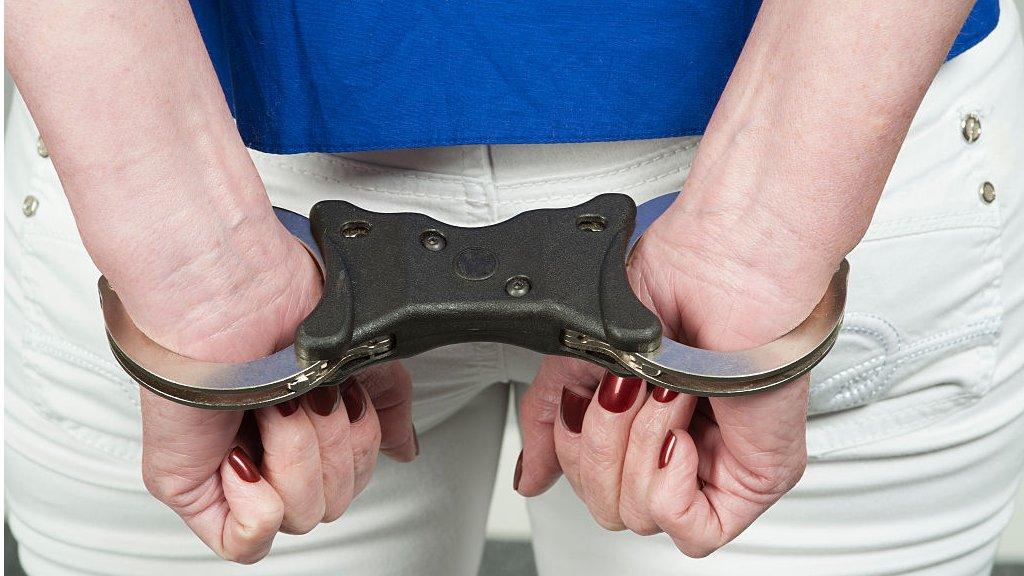Why are criminal defence lawyers boycotting courts?
- Published
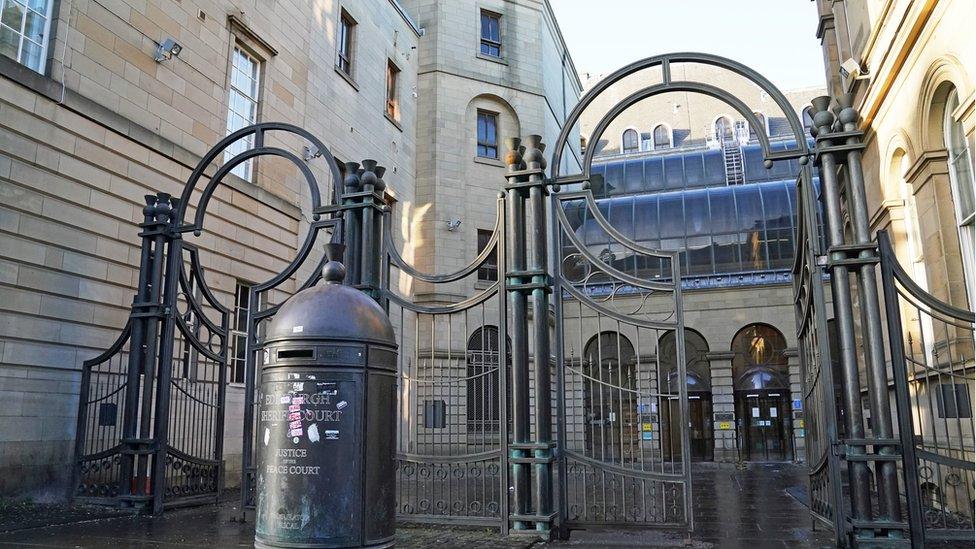
Edinburgh Sheriff Court is one of the courts where a boycott is beginning
Some defence lawyers have been boycotting court cases in a row over legal aid funding.
On Monday, more lawyers will join the boycott as those working at sheriff courts in Edinburgh, Aberdeen, Aberdeenshire and the Borders withdraw from rota schemes.
The Scottish Solicitors' Bar Association, which represents criminal defence solicitors, said the action was part of a plan to force the Scottish government to increase legal aid funding.
The professional body for Scotland's solicitors, the Law Society, said the system was under extraordinary pressure as a result of a generation of underfunding, warning those reliant on legal aid would find it "increasingly difficult to instruct a solicitor".
But the Scottish government said legal aid fees had been increased and that it met regularly with the profession to discuss the issues.
Where are boycotts taking place?
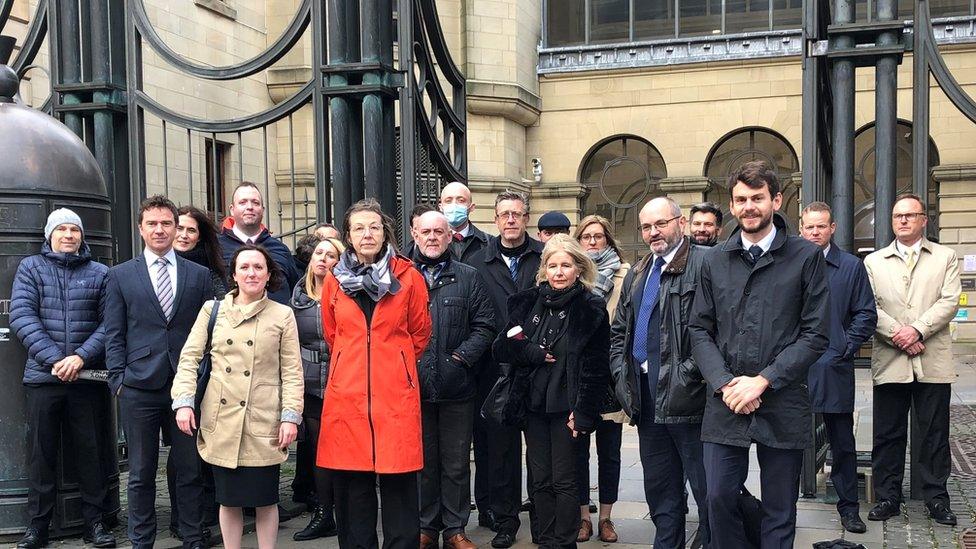
From Monday, the criminal defence solicitors who participate in the duty rota scheme at Edinburgh Sheriff Court are beginning a boycott.
From Monday, the criminal defence solicitors who participate in the duty rota schemes at Edinburgh, Aberdeen, Peterhead, Banff, Jedburgh and Selkirk sheriff courts are beginning an indefinite boycott.
This will mean defendants who can't afford to pay for their own representation will either need to wait for representation or defend themselves.
How long those who will rely on the publicly-funded Public Defence Solicitors Office (PDSO) for representation will depend on the availability of PDSO solicitors.
Their court appearances will still take place on the same day, but could be delayed for hours while waiting on a PDSO solicitor.
The Scottish Courts and Tribunal service said remote video representation by PDSO solicitors was now available where required.
The Edinburgh Bar Association said the boycott was necessary because there had been no "meaningful work from successive governments since the advent of devolution" to sort out the problems facing the sector.
It warned that without urgent help, "the criminal justice system will simply stop functioning".
Last week, lawyers in Dundee, Forfar, Kirkcaldy and Dunfermline gave notice to join the boycott.
Lawyers at Livingston Sheriff Court began a boycott earlier this year.
The SSBA said discussions were ongoing with other bar associations about whether they'll join in with the boycott.
How does legal aid work?
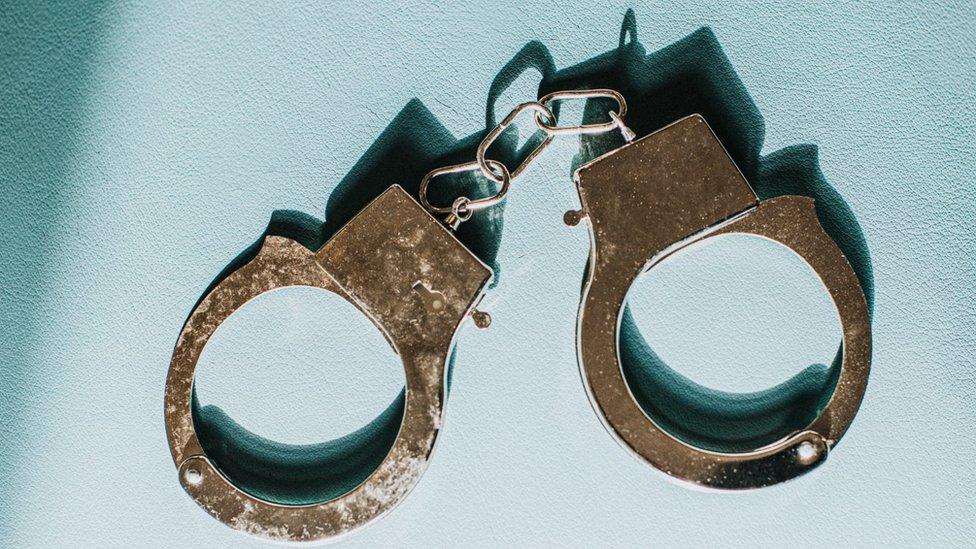
Legal aid is the money provided by the government to cover legal costs for people who can't afford them.
Criminal legal aid is generally available if the situation is serious (for example, if the person is convicted they will have to go to prison or will lose their job), and if the person can't afford to pay for legal representation for themselves.
Most people appearing in court on criminal charges rely on a defence solicitor who is paid through legal aid.
Usually, these solicitors work for private firms. The firms sign up to a rota and whichever solicitor is on duty will be available to a defendant needing representation.
What's the problem with legal aid fees?
The SSBA wants the government to increase legal aid fees, which it says have barely increased in more than 20 years.
In many cases, solicitors get a fixed fee per case regardless of how much time it takes.
The SSBA's president, Julia McPartlin, said: "The fixed fee was set in 1999, based on average case cost.
"It's been a block fee since, which hasn't changed a great deal, making it worth considerably less now than it was in 1999.
"By not increasing the rates payable for legal aid, they've been cut in real terms."
She said it was currently £524, up from £515 when it was first set more than 20 years ago.
The number of criminal defence solicitors taking on legal aid work has also been falling.
The SSBA says this is because legal aid work is paid at a lower rate than many other areas.
This has made it difficult for the criminal defence bar to hold on to solicitors, as they leave for areas with better pay - for example, to work for the Crown Office or Scottish Child Abuse Inquiry.
In recent years the Crown and Procurator Fiscal Service has been recruiting for almost 150 new posts, which it says are needed in part to help the service clear the backlog caused by the pandemic.
It currently employs about 2,100 staff, which includes almost 700 lawyers.
Ms McPartlin said firms taking legal aid work could not afford to match the salaries or packages of places like the Crown, where the "going rate" for a newly qualified fiscal was about £40,000 - compared to about £25,000 for a defence solicitor at the same stage in their career.
Where are we now?
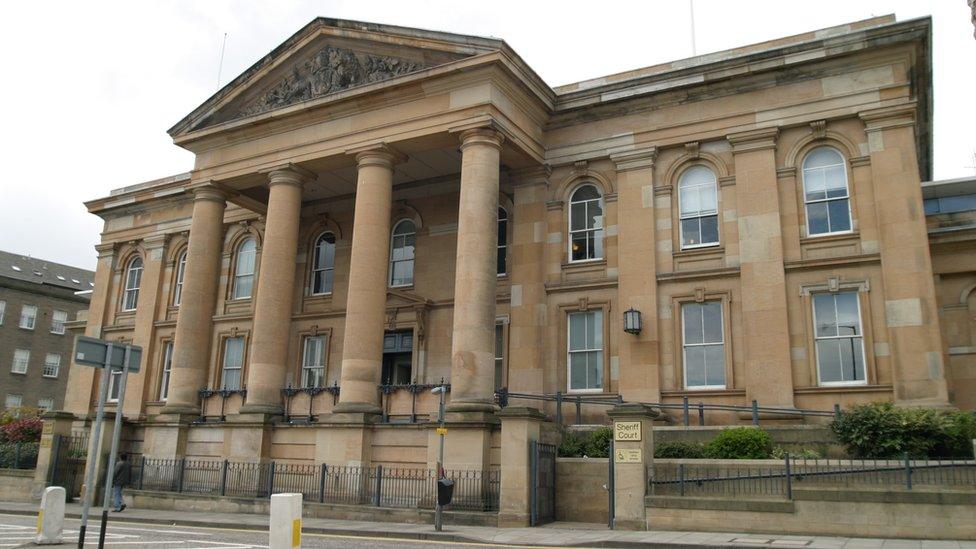
Lawyers working out of Dundee sheriff court will be joining the boycott
After the first boycotts took place last year, the Scottish government agreed to a 5% increase in legal aid fees that year and another 5% this year.
Further discussions between the government and the profession are ongoing, but are yet to deliver results.
A spokesman for the government added: "We have committed to consider other issues raised by the profession, and meet regularly to discuss these issues."
He also said £9m of funding had been provided to the profession to help it through the pandemic.
A £1m fund to support traineeships has also been established.
"This amounts to a £20m investment in legal aid since March 2021 in addition to a 3% uplift across all legal aid fees in 2019," the government spokesman added.
However, the SSBA said the government must also help the criminal bar retain lawyers once they have been trained - which it says won't happen unless legal aid is better funded.
Ms McPartlin said the SSBA was considering how it could escalate action if required.
The Scottish Legal Aid Board said, external court closures had led to "an unprecedented fall in legal aid payments" in 2020-21.
Spending on criminal legal assistance fell to £52m compared to £75.9m the previous year. It said the biggest impact was down to delays in progressing cases because of Covid.
It added that from 2009-10 to the most recent year before the pandemic (2019-20) there was a 30% fall in the number of criminal legal aid cases that were paid.
Is this a problem outside Scotland?
A review of criminal legal aid in England and Wales warned that courts could grind to a halt without an immediate injection of £135m into the legal aid system.
The review was published last year, three years after predictions the legal aid system could collapse after a huge loss of lawyers.
Research from the Law Society in England and Wales suggested a 40% fall in the number of firms carrying out legal aid work in the last decade.
- Published13 May 2021
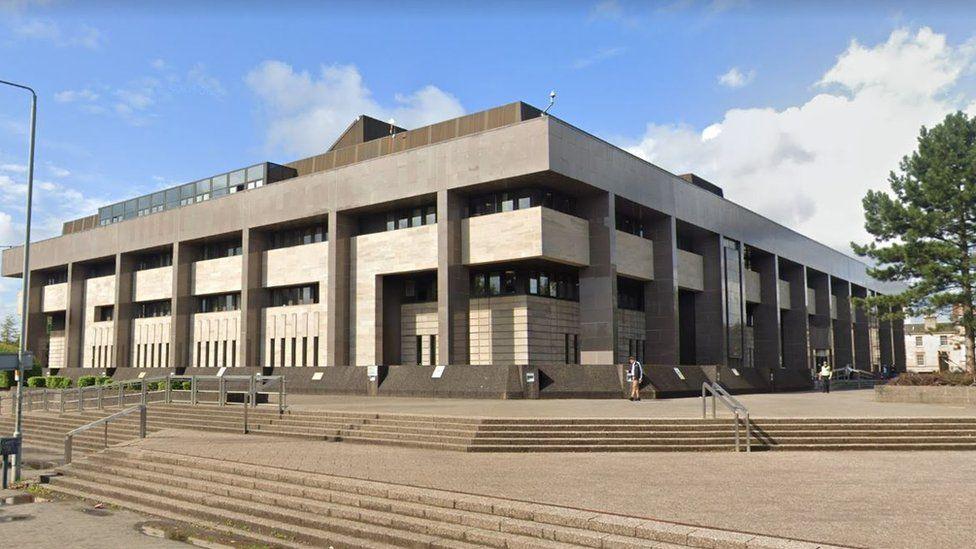
- Published15 April 2019
